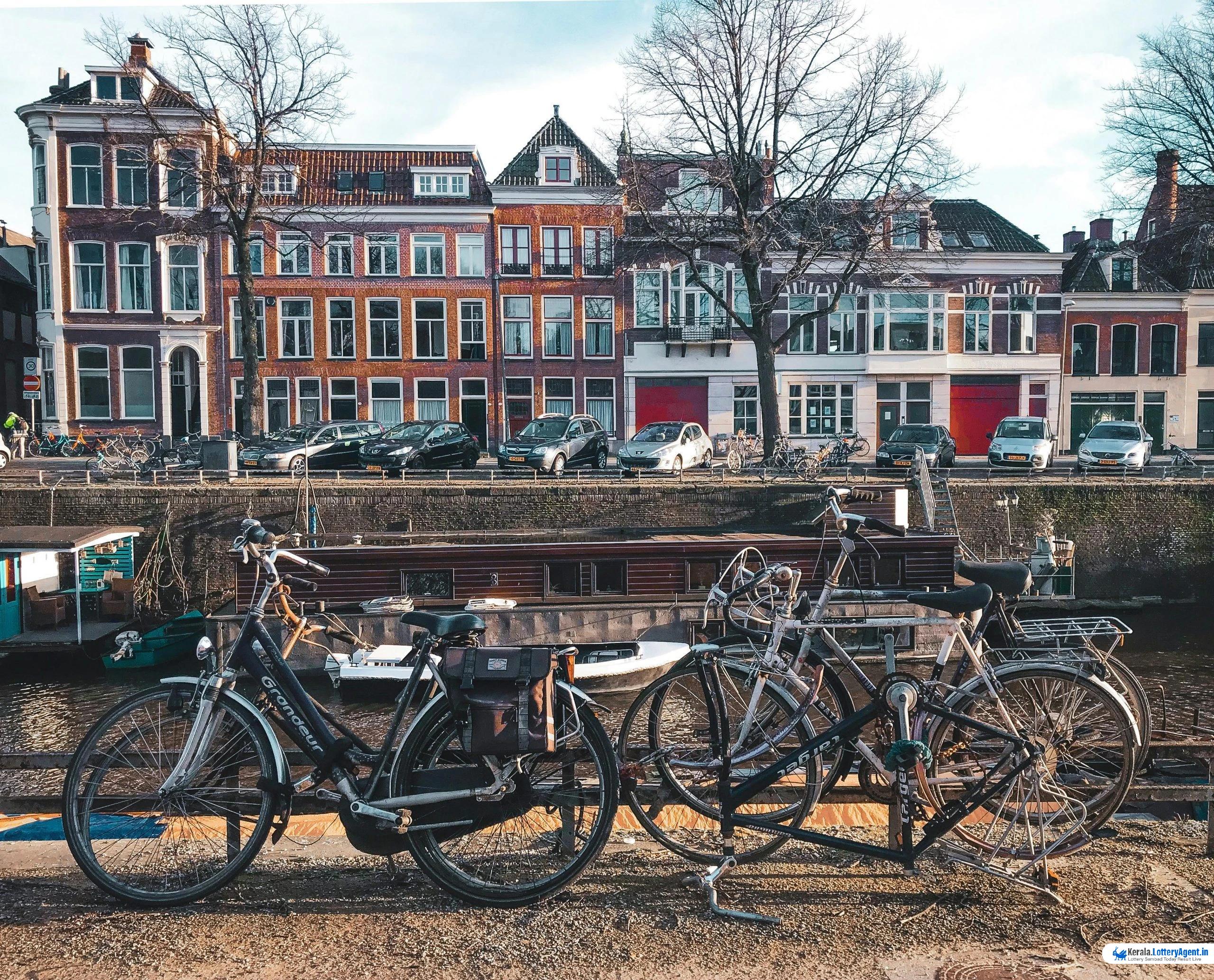
Research conducted by Keurmerk Responsible Affiliates (KVA) and shared with the Netherlands Online Gambling Association (NOGA) and the operator association Licensed Dutch Gaming Providers (VNLOK) has highlighted a worrying trend: minors in the Netherlands are able to gamble with offshore operators. The findings of this significant research have now been passed onto the Kansspelautoriteit (KSA), the Dutch Gambling Authority.
The alarming research points out a critical lapse in the required age verification processes of these international operators. Unlike their legal counterparts, these offshore platforms only need an email address or phone number to open an account. Consequently, minors under the law’s gambling age of 18 can create accounts, deposit funds, and place bets with minimal barriers.
Even more troubling is the fact that deposits with cryptocurrency can be made, often anonymously, by simply following a few steps found through a basic Google search. This anonymity exacerbates the risks associated with underage gambling. The study also identified illegal casinos impersonating legal operators by using the logos of banks and legitimate casinos, luring minors into believing that their deposits are safe and secure.
The KVA’s recent findings build on previous research from 2023, which revealed that illegal gambling sites target players looking to bypass Cruks, the Netherlands’ self-exclusion scheme. This ongoing scrutiny only underscores the growing black market challenges the country faces in regulating its gambling industry.
In response, Peter-Paul de Goeij, a key figure in NOGA, emphasized the heightened risks of underage gambling. He outlined the numerous potential consequences for minors, including susceptibility to addiction, mental health issues, and financial hardships.
“The Kansspelautoriteit (KSA), the Dutch Gambling Authority, is expected to address these issues rigorously,” De Goeij remarked to iGB. “The KSA is likely to enhance monitoring and enforcement actions against unlicensed operators, imposing hefty fines and blocking access to these websites.” He further highlighted the importance of public education, especially targeting minors and their parents, about the risks and preventive measures concerning unlicensed gambling.
De Goeij also urged for increased collaboration between the KSA and other jurisdictions. By sharing intelligence and best practices, the KSA could boost its effectiveness in combating illegal operators. He advocated for cooperative efforts with financial institutions to block illegal transactions and cut off offshore operators’ revenue streams. This, along with enhancing technological efforts, could significantly curb illegal activities.
“The KSA should employ advanced technologies like geolocation blocking and AI-driven monitoring to detect and shut down access to offshore gambling platforms,” De Goeij suggested. He also emphasized the potential impact of partnering with Internet Service Providers (ISPs) to block access to unlicensed sites, which could substantially reduce the problem.
The KVA’s findings arrived amid rising apprehension within the industry regarding increased regulation in the Netherlands and its unintended effects on black market interest.
. Notably, a recent coalition agreement proposed an increase in the gambling tax from the current 30.5% to 37.8%. This change would bolster the state treasury by an additional €202m (£173.3m/$219.6m) in tax revenue. However, NOGA has expressed concerns that such measures could inadvertently drive operators to the black market.
This proposed tax hike follows a vote by the House of Representatives earlier this year to ban “high-risk” gambling, including online slots. Franc Weerwind, the Netherlands’ Minister for Legal Protection, will now review and decide whether to approve the proposed law change. Furthermore, the House also voted to ban online gambling advertising, with untargeted advertising already prohibited following a law change in 2023.
De Goeij voices his concerns about the tightening regulation landscape in the Netherlands. He fears that higher taxes and advertising restrictions may only bolster the black market’s appeal. “The Dutch government and legal operators could see a decline in revenue, undermining the regulatory framework and financial stability of the legal market,” he warned. “As players move to unlicensed sites, they are deprived of the consumer protections offered by regulated platforms, heightening the risks of fraud, addiction, and other harms.”
To combat the potential rise of the black market, De Goeij suggested forming a strategic response. He advocated for evidence-based regulation that would keep operators and players within the legal market without imposing excessive burdens on legal operators. He believes such a balance could make regulations more appealing and less onerous, thus retaining operators and players within the legal framework.
“The KSA and the government should encourage innovation and better customer experiences in the legal market to retain and attract players,” De Goeij noted. “Continuous research into market trends and player behaviour is essential for adapting regulations and strategies dynamically.”
De Goeij concluded with a call for a proactive and balanced approach, suggesting it is the only way the Netherlands can safeguard its citizens while maintaining a robust and attractive legal gambling market. iGB has reached out to the KSA for their comment but has yet to receive a response.












